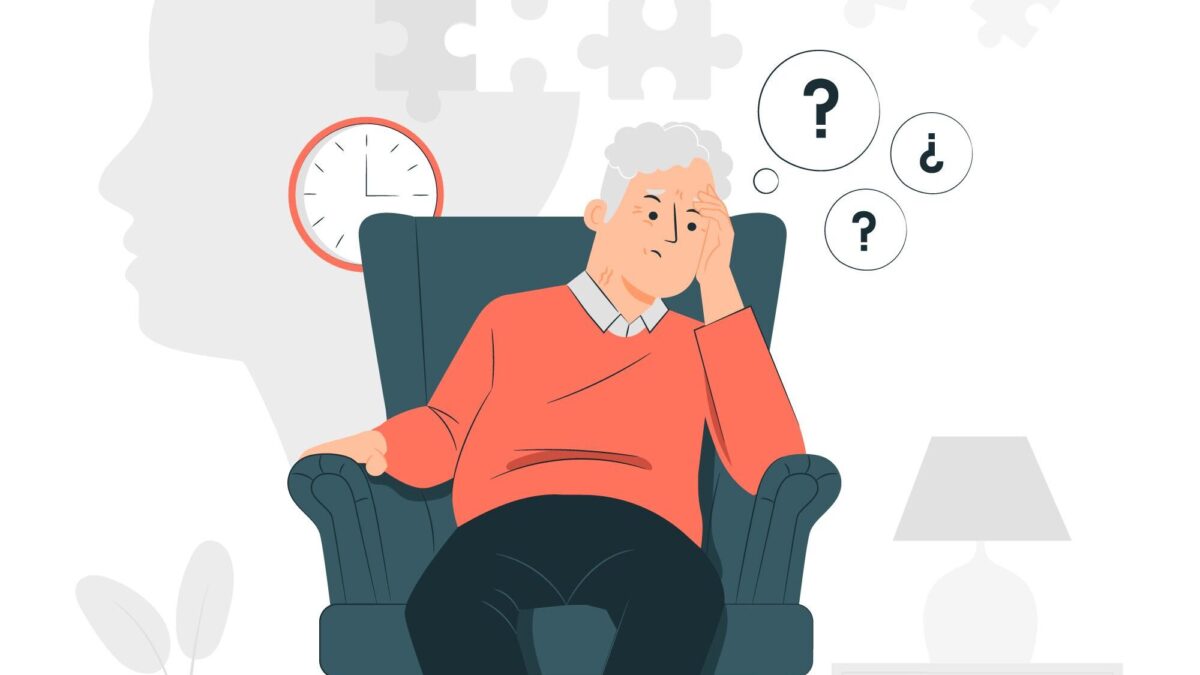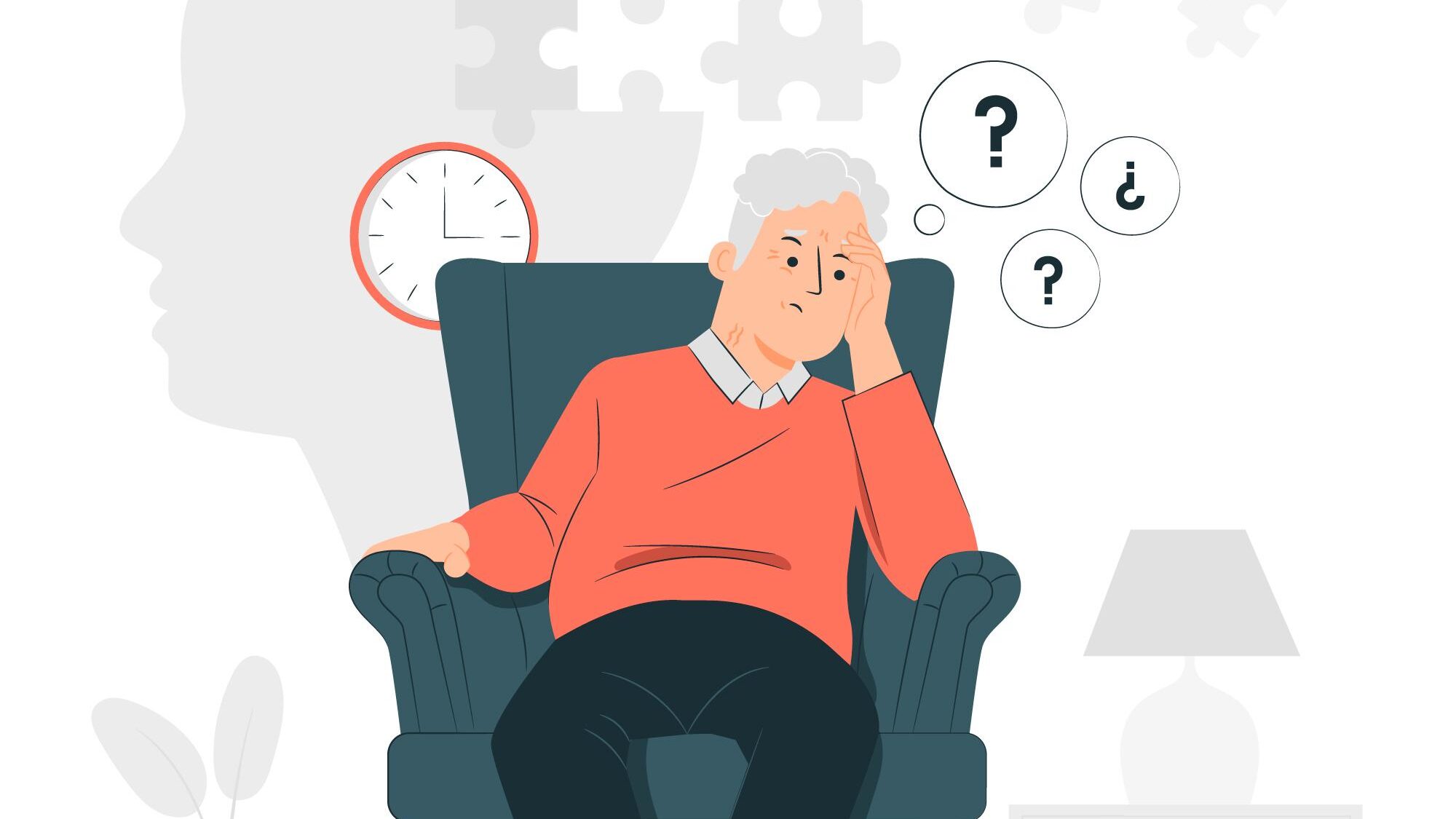
Study Reveals 19% of Dementia Cases Linked to Uncorrected Vision: Early Eye Care Could Prevent Cognitive Decline
A study published in JAMA Ophthalmology (2024) reveals a strong link between vision impairment and dementia. Researchers discovered that nearly 19% of dementia cases in older adults could be due to uncorrected vision problems. Treating these issues early may help lower the risk of cognitive decline, offering a fresh approach to dementia prevention.

As the global population ages, dementia is becoming a major health challenge. It affects millions and strains healthcare systems. This research emphasizes the importance of regular eye care for older adults, not just for improving vision but also for protecting cognitive health.
Key Findings: Vision Impairment and Cognitive Decline
Researchers from Johns Hopkins, the University of Michigan, and Duke University examined data from 2,767 adults aged 71 and older. They focused on common vision issues: near-vision impairment, distance vision problems, and reduced contrast sensitivity. The study found that almost one in five dementia cases might have been avoided with proper vision correction.
Dr. Jason R. Smith, the lead author, noted that although the study doesn’t prove vision loss causes dementia, the connection is significant. This strong link calls for more research into how correcting vision issues might reduce cognitive decline. Having vision problems does not directly cause dementia, but not treating vision problems may increase the risk of cognitive decline and dementia.
This study builds on earlier research, like the Lancet Commission on Dementia Prevention, which identified modifiable risk factors for dementia such as hearing loss, depression, and social isolation. These conditions often force the brain to work harder, leading to cognitive overload.
Preventable Vision Problems: A Simple Solution
Most vision problems in older adults are preventable or treatable. According to the American Academy of Ophthalmology, 90% of these issues can be corrected with glasses, contact lenses, or surgery. Addressing these problems early improves quality of life and could also prevent cognitive decline.
Dr. Lisa Gorman, a geriatric specialist, emphasized, “Correcting vision issues does more than restore sight. It helps preserve cognitive health.” Many older adults may not realize how easy it is to fix these problems, which could lead to unnecessary cognitive strain.
Cataracts, for example, are a leading cause of vision impairment but can be treated effectively with surgery. With uncorrected vision possibly contributing to dementia, such routine surgeries become even more crucial.
Public Health Implications
This research highlights the need for changes in public health strategies. The Centers for Disease Control and Prevention (CDC) already recommend regular eye exams for older adults, especially those over 65. However, this study suggests that vision care should play a bigger role in preventing dementia. Early treatment of vision problems could stop cognitive decline before it starts.
Worldwide, vision impairment affects more than 2.2 billion people, according to the Global Burden of Disease study. Many older adults see vision loss as a natural part of aging, but this research shows that leaving treatable vision problems unaddressed can have serious consequences for cognitive health.
Tackling these issues early, especially in high-risk populations, could reduce the global burden of dementia. This is vital, given that dementia cases are expected to rise sharply in the coming decades. By 2050, the World Health Organization predicts that over 139 million people will have dementia.
Challenges and Future Research
Despite these promising findings, challenges remain. The study shows a correlation between vision impairment and dementia, but it doesn’t prove causation. More research is needed to understand the mechanisms involved. Some scientists suggest that vision loss accelerates cognitive decline by reducing brain stimulation. Others believe that vision problems indirectly cause dementia by leading to depression or social isolation, both known risk factors.
However, the evidence supports making sensory health, particularly vision, a key part of dementia prevention strategies. Future studies should also investigate how other sensory impairments, like hearing loss, contribute to cognitive decline.
Next Steps for Public Health
As populations age, preventing cognitive decline becomes even more important. Experts like Dr. Gorman recommend that vision care be integrated into routine health checkups for older adults, particularly those at risk for dementia. Public health campaigns should also raise awareness about how regular eye exams and simple treatments can address most vision problems.
By focusing on preventative eye care, healthcare systems can reduce the growing burden of dementia and improve the quality of life for millions of older adults. Early intervention is key, and correcting vision problems promptly could have long-lasting benefits for cognitive health.
Conclusion: A Clear Path Forward
The connection between vision impairment and dementia is clear. By treating vision problems in older adults, healthcare providers have the opportunity to protect both visual and cognitive health. As more research emerges, it’s crucial that vision care becomes a central component of dementia prevention strategies.
For now, older adults and their caregivers should prioritize regular eye exams. Addressing vision problems early can help maintain cognitive function, preventing years of decline.













